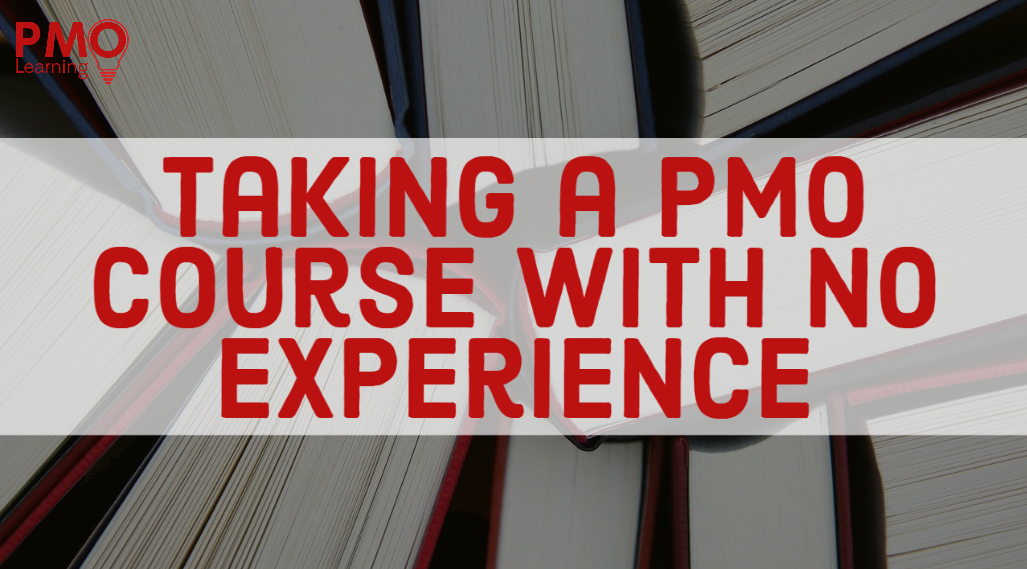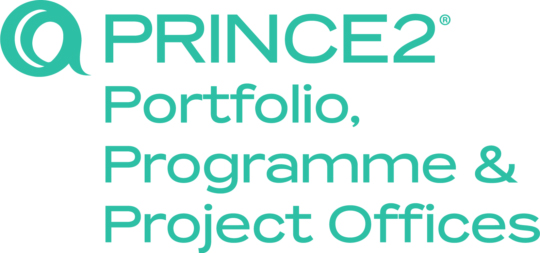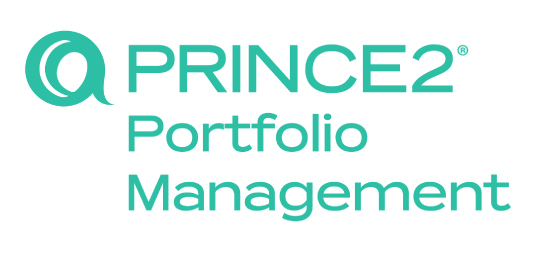If you’re looking to take a PMO course with a view to starting a career in PMO, from the outside it can look a little bit daunting.
Putting yourself in an environment where you have zero previous experience and knowledge for the first time (especially when others in that environment may be more clued up than you) takes courage and requires you to put yourself out there.
But it may be a necessary step you need to take before getting into PMO.
Here we will share some tips and tricks to help you if you’re in this situation as well as some of our past experiences in this position.
So let’s get started…
Make sure you’re on the right course
Not all courses will be right for you at this stage in your career and great training companies are great at making sure you’re choosing the right course.
It’s also important to them too – they want to make sure that you have a great learning experience, are able to understand and pass exams, plus be able to contribute and join in with your fellow learners.
Take time before you purchase your course to speak with the training provider – try asking these types of questions:
- What is the average and maximum number of delegates on a course?
- Who is the trainer, and what experience do they have?
- What job titles do delegates who take this course typically have?
- What experience/background knowledge will I need for this course?
Read as much as possible before you start
This seems like an obvious one, but recommended pre-reading is the best place to start. It may seem like a burden, but by taking the time to become familiar with the terminology used within your particular course, the topics to be covered each day, and understanding the key concepts of the course content is a great place to start – especially if you’re taking part in a course with little or no previous experience.
At PMO Learning, we provide your pre-reading materials with plenty of notice so you are able to familiarise yourself with the materials, as well as ask us any questions in plenty of time before the course date.
It can be daunting completing training in a topic with which you are unfamiliar – reading as much as possible around the subject can not only help you feel more prepared for the course, but also more confident, and even provide you with the opportunity to ask the trainer and other delegates some great questions.
We have plenty of free reading you can do on the website via our PMO Blog, and other websites such as the House of PMO have many great articles, reports and PMO specific events.
Ask Questions
The point of the training course is to learn, and in some cases pass an exam. Be sure to make the most of your time with the trainer – ask as many questions as you need to fully understand each topic. If you’re worried about taking up too much time, ask the trainer for a couple of minutes at lunch or drop them an email with some sections that you’d like more information on.
There may also be other delegates who have great insights to share – make sure you grasp the oppurtunity to learn from everyone on the course!
Our virtual classrooms are limited to 12 delegates to ensure the trainer can focus on everyone individually.
Learn from others
Even for those with PMO experience, one of the benefits of a public training course is that no only do they get to hear from the trainer, but they get to discuss the insights of others on the course.
There is a big focus on facilitating conversations between delegates with different levels of experience, and most of it through the group exercises.
As a delegate with little or no experience, there is lots that you can learn from the others on your course. Make sure to ask
Take the contact details of people on the course, LinkedIn and keep in touch – don’t forget the trainer!
Use the case studies to relate to your own experiences
You may not have worked on a professional project before, but you may have hosted a dinner party, organised an event, or taken part in some home renovation – all of which can be seen as projects; there’s a budget, time constraints, a product breakdown structure (even if it’s not formally documented!), and an agreed quality that must be met.
So whilst you may not have worked in a formal project environment, you can use your personal experiences to relate to the course content.
Take time to reflect and follow up any queries
It’s very easy to come away from a training course, put the materials on the shelf (both physically and metaphorically). To fully embed the learning, our brains need to go through materials a number of times to make and remake connections to what we already know.
So, when you get back from the course, after a couple of days, go back through the materials and make sure you still understand what is being referred to. If not, go back to the trainer or another one of the delegates and ask.
Plan some follow up activity to further embed the elearning
Just because you didn’t have any experience before you went into the course, doesn’t mean that you won’t be in a position to gain experience or continue your learning after the course has finished.
This might mean setting some personal tasks for yourself, but may also require discussions with your team, or manager, to fully implement what you have learned into your role.
If you’re looking to complete some PMO training, but are not sure what is the right course for you – why not get in touch?
Enjoying Our Blog?
Sign up and receive all our articles (we’ll send you an update once a week!) plus special offers and events:







